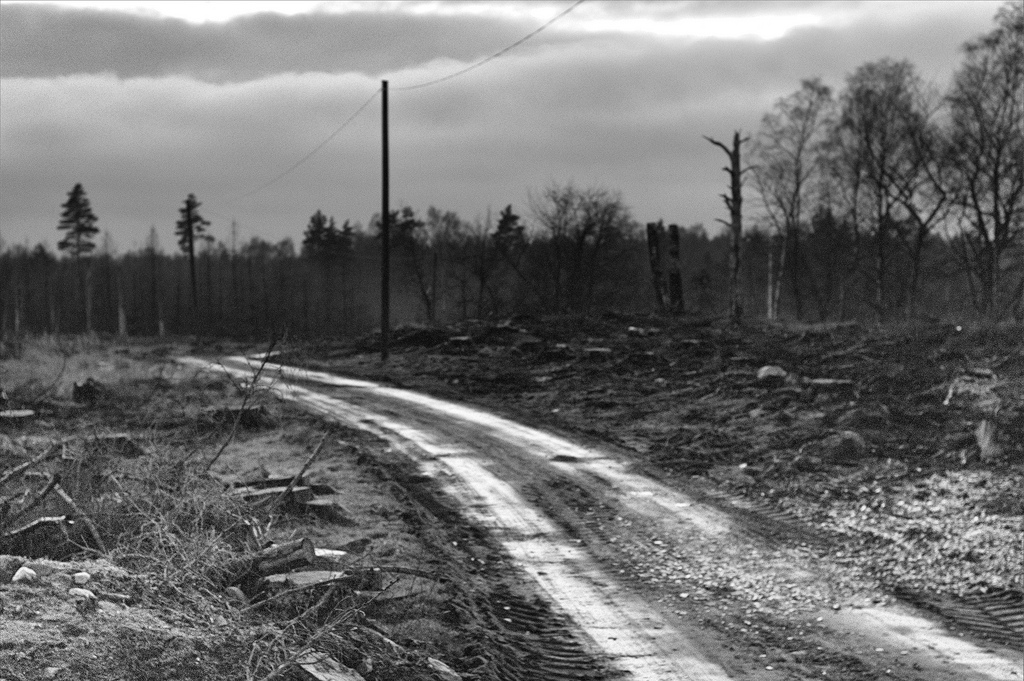
By Alexander Posner
This September, the United Nations convened a special summit to address the challenges posed by climate change and to mobilize an international response. The meeting—a warm-up act for the 2015 Paris climate summit—provided diplomats with the opportunity to discuss the policies and ideas that will hopefully coalesce into a broad international climate agreement next year. In an unexpected move, however, the summit also birthed the “New York Declaration on Forests,” a path breaking agreement designed to reduce and ultimately halt deforestation.

While ending deforestation may sound ambitious, it is a necessary effort to stave off the worst effects of climate change. Destroying just one acre of rainforest, for example, not only rids the world of oxygen producing plants, but also generates around 360 tons of CO2. With over 13 million hectares of forest cleared each year, these effects are significantly magnified. All told, deforestation accounts for almost 10% of global greenhouse gas release—equivalent to the emissions of the world’s motor vehicles combined.
Over 60 countries and major corporations—including Wal-Mart, McDonalds, and General Mills—have already endorsed the New York Declaration, and additional stakeholders may sign on in the future. However, some have dismissed the declaration as a parade of promises entirely lacking in regulatory heft. Greenpeace, for example, declined to sign the pact, instead criticizing the absence of an enforcement mechanism. As the organization notes, the declaration is not legally binding and requires all participants—public and private—to self-regulate. In addition, the pact can be construed as permitting short-term spikes in deforestation; while the declaration requires rates of forest loss to halve by 2020 and disappear entirely by 2030, it says nothing of what should happen in between.
Of equal concern is Brazil’s refusal to join the agreement, a decision it reached after being excluded from the negotiation process. As a country housing a significant portion of the Amazon rainforest, its absence from the pact may prove particularly damaging. The Amazon, after all, is the world’s largest rainforest; it serves as the world’s most effective carbon sink, absorbing over 1.5 billion tons of CO2 each year. Unfortunately, deforestation has already claimed 17% of the Amazon jungle and, if this trend continues, a full 40% of the Amazon will be stripped of its vegetation by the middle of the century.
Despite these concerns, there is cause for great hope. Brazil, acting on its own accord, has slashed its deforestation rate by 79% since 2004. And while Brazil’s national government has abstained from supporting the New York declaration, three states within Brazil—Acre, Amapa, and Aamzonas—have signed on to the pledge.
In addition, many nations have made financial commitments that will hopefully spur greater compliance with the UN accord. Norway, for example, has pledged $450 million to support Peru and Liberia on the condition they meet certain forest preservation goals; Germany and Britain have also signaled they will compensate nations for reducing deforestation. Considered in sum, these financial commitments will likely fill the void created by the absence of legal enforcement.
Most importantly, many multinational corporations—increasingly as powerful and influential as governments—appear poised to curtail their forest-depleting ventures. The Consumer Goods Forum, a consortium of over 400 large companies with sales of $3 trillion, has pledged to entirely eliminate deforestation from the consumer-goods supply chain by 2020. The Forum’s members have even called for a new legally binding agreement, a clear demonstration of their commitment to the cause. While current government declarations may be inadequate, private-sector action has the potential to compensate.
The Paris climate summit is steadily approaching, and already, global media hype has saddled the summit with unreasonable objectives and expectations. Even in the best of circumstances, the Paris climate conference won’t be the panacea many hope it will be. A meaningful and transformative global climate change policy will instead require all stakeholders—both public and private—to join forces on a constellation of initiatives, now and in the future. The New York Declaration on Forests is an important battle in this larger fight, and it is essential we avoid missing—at least in this case—the trees for the forest.
Alexander Posner ’18 is in Morse College. Contact him at alexander.posner@yale.edu